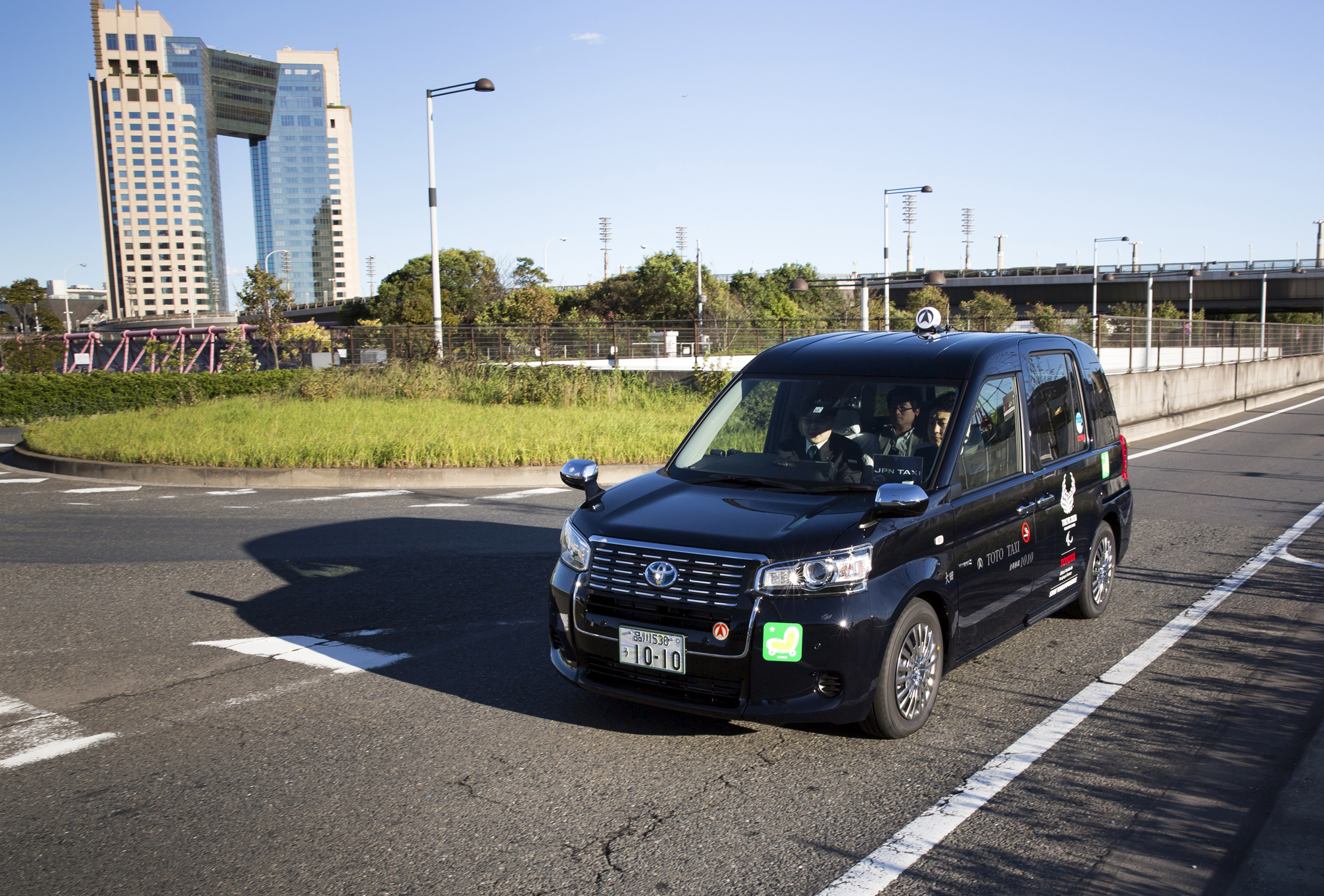There is now a little more than a year to go before the 2020 Summer Olympic and Paralympic Games in Tokyo. Preparations for this major event are well underway. It is a massive, intricate process that calls for an ongoing reassessment and fine-tuning of what I view as a unified undertaking. The Olympic and Paralympic Games should be viewed as interlinked and unified entities, much like a tandem bicycle. Success will be measured by the efforts and achievements of both the Olympic and Paralympic events.
As I begin a series of columns ahead of the 2020 Tokyo Games, I would like to start by focusing on the Paralympics for two related reasons. First, Tokyo is the world's first city to host the Paralympic Games for a second time, following the 1964 Tokyo Summer Games. Second, the forthcoming Paralympic Games are an extraordinary opportunity for Japanese society to increase and deepen its awareness and understanding of inclusiveness and the importance of honoring and learning from athletes with physical and intellectual limitations.
When I first learned that Tokyo had been selected to host the 2020 Summer Games, I created the word "Ori-Para" to refer to both the Olympics and Paralympics. The term "Olympics" is a common word, understood and used by virtually everyone in Japan for decades. On the other hand, Japanese have been less aware of the Paralympics. By abbreviating and combining both words, I believed that awareness of the Paralympics and the integral nature of these games would increase. Besides it is a mouthful to say, for example, "Tokyo Olympic and Paralympic Games" during conversations. My hope is that Ori-Para will become widely used to describe these interlinked events.


















With your current subscription plan you can comment on stories. However, before writing your first comment, please create a display name in the Profile section of your subscriber account page.